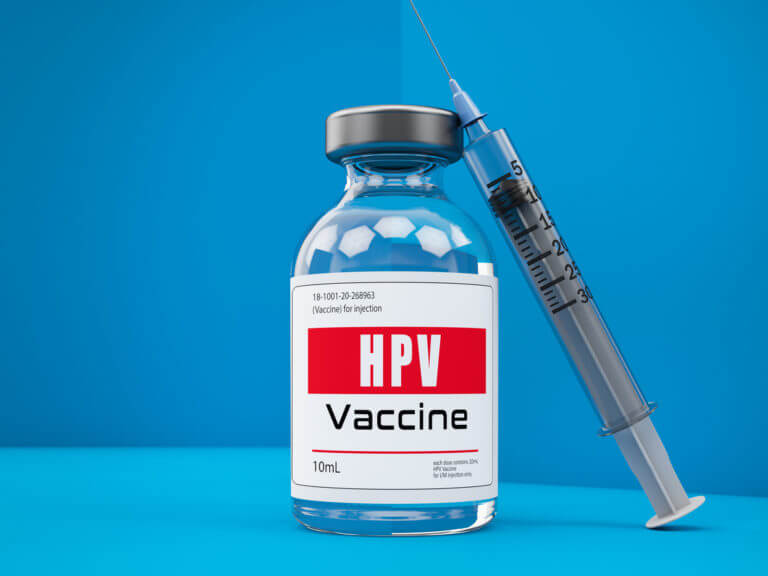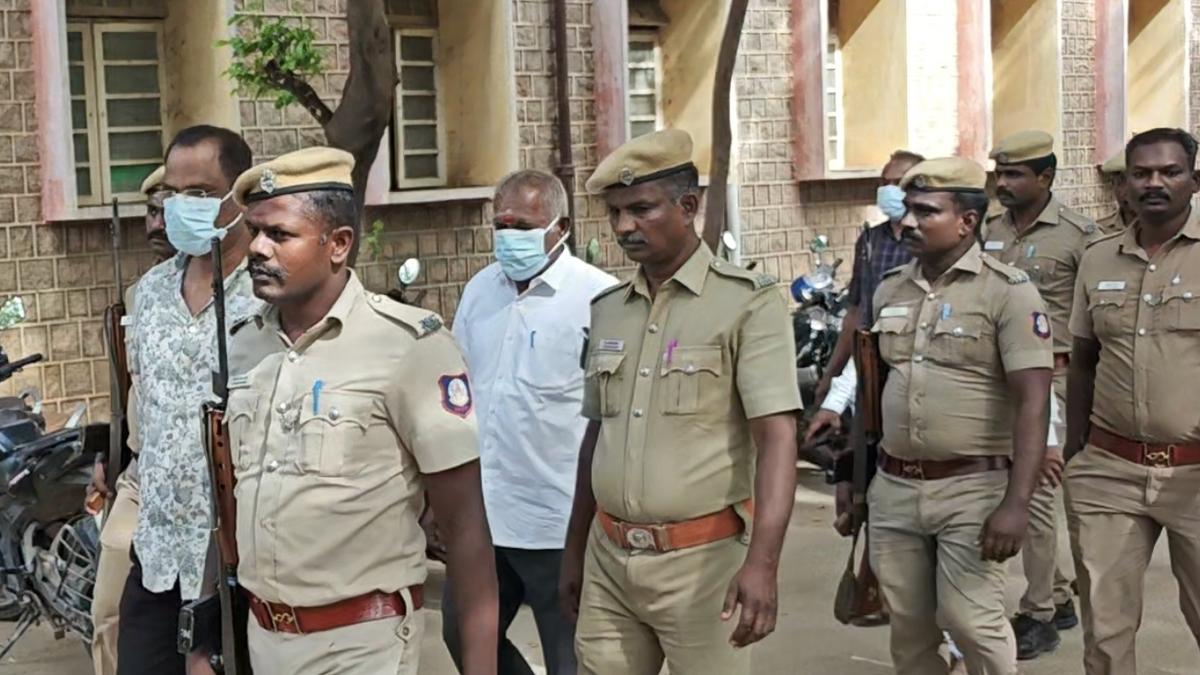Copyright dailytimes

Published on: September 27, 2025 11:34 AM Pakistan has launched the Human Papilloma Virus (HPV) vaccine as part of its routine immunization program, beginning its first vaccination campaign from September 15 to 27 in Punjab, Sindh, Islamabad, and AJK. The vaccine is designed to prevent HPV infections that can cause cervical, vulvar, vaginal, anal, and head and neck cancers. While the move marks a major public health milestone, it has been clouded by rumors, conspiracy theories, and misinformation spread by some politicians, social media personalities, and conservative groups. Globally, around 150 countries—including major Muslim-majority nations—already recommend the HPV vaccine. Pakistan, excluding Afghanistan, is the last country in South Asia to add it to its routine immunization program. Countries like Indonesia and Iran are even producing the vaccine locally. Cervical cancer is a serious issue in Pakistan, with around 5,000 new cases diagnosed annually and over 3,000 deaths. The absence of regular screening and a national cancer registry means the true numbers are likely higher. Research shows that HPV 16 and 18 are responsible for most cases, with Nobel Prize–winning studies confirming the link between the virus and cervical cancer. Scientific evidence proves the vaccine can reduce cervical cancer risk by 90% if given to girls aged 9 to 14 before or at the start of their reproductive life. Pakistan is using Ceolin, a WHO-prequalified, single-dose vaccine manufactured in China and supplied through Gavi, the global vaccine alliance. Since its introduction in 2006, the HPV vaccine hazes been deemed safe and effective by the US FDA and WHO, with only minor, rare side effects. Funding for the programmed Pakistan is largely covered by global donors, including the Bill & Melinda Gates Foundation, UNICEF, and the World Bank, with Gavi financing 95% of the costs. Over time, however, Pakistan will need to fund the program domestically. Health experts say including HPV vaccination in the national immunization programs a step in the right direction, complementing other women’s health priorities such as tackling anemia, reducing maternal mortality, and improving breast cancer detection. The vaccine not only saves lives but also aligns with the global strategy adopted by WHO in 2020 to eliminate cervical cancer as a public health threat.



